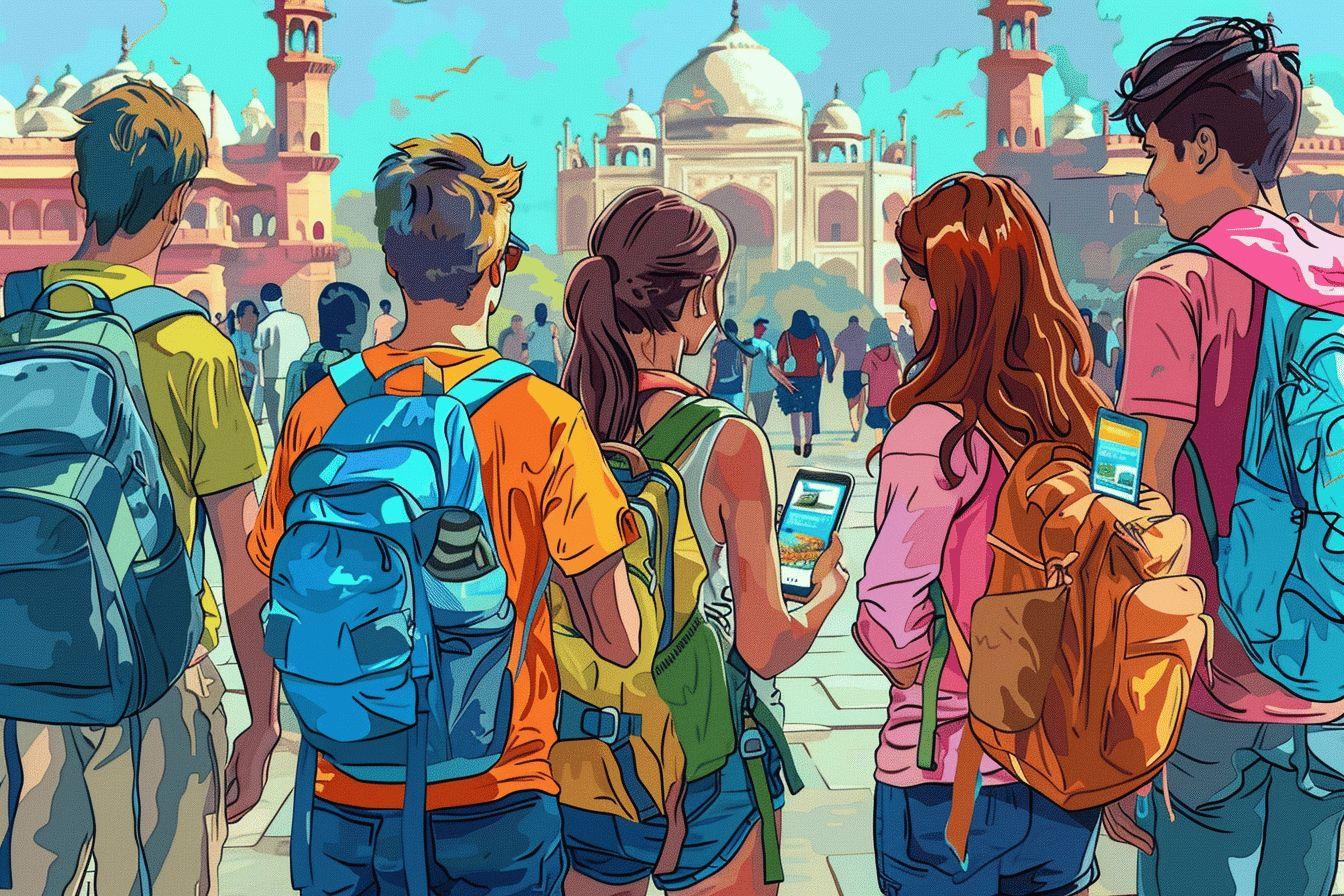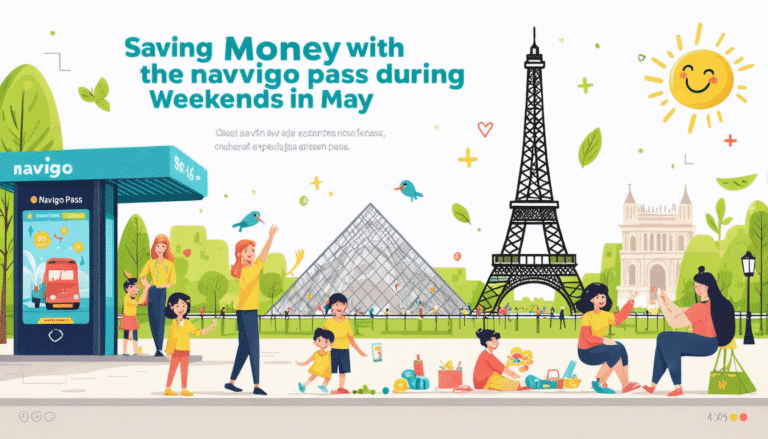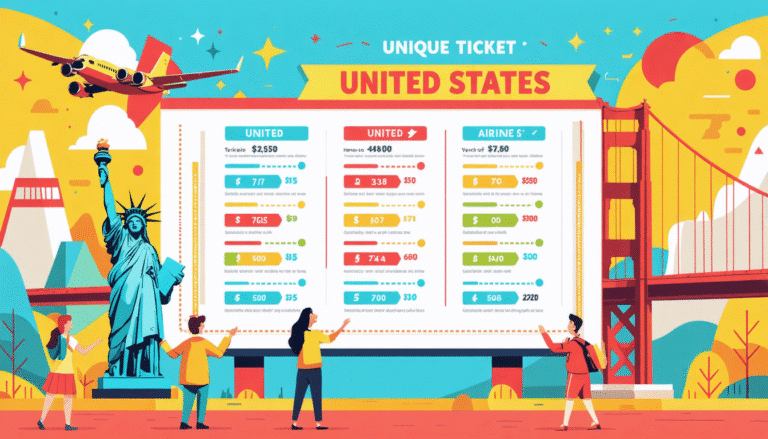The travel preferences of Generation Z are undergoing a radical shift, redefining tourism behaviors by 2025. From authentic experiences to unique accommodation selections, young adventurers are moving away from crowded tourist destinations to favor the richness of human interactions. Travel habits, once shaped by the need to stand out on social media, now reflect a quest for true meanings and connection. This evolution marks the end of an era of superficiality in favor of a more thoughtful and human approach. Indicators of change are accumulating, signaling adjustments in the tourism sector.
| Quick Focus | |
| Approach | Generation Z prefers a more authentic and intentional exploration. |
| Change in Preferences | Transition to a JOMO (joy of missing out) approach instead of FOMO. |
| Less Interest in Destinations | A growing disinterest in popular major tourist destinations. |
| Impact of Over-tourism | Increased awareness of the effects of over-tourism on local communities. |
| Solo Travel | Preference for structured experiences rather than traditional backpacking. |
| In-Person Connections | Seeking real relationships and social interactions while traveling. |
| Type of Accommodation | Interest in unique and authentic lodging instead of luxury hotels. |
| Change of Agenda | Reducing party activities in favor of fulfilling vacations. |
The Shift to JOMO
Generation Z is moving away from the “FOMO” (fear of missing out) mentality that characterized the previous generation. Increasingly, this class of young travelers is adopting a more thoughtful and authentic approach to travel. This change, often termed *JOMO* (joy of missing out), emphasizes the appreciation of chosen moments rather than the frenzy of trendy destinations.
Young people prefer to immerse themselves in less conventional travel experiences, far from crowded tourist circuits. Consequently, this generation’s expectations are evolving towards a quest for serenity and meaning, moving away from popular places like Santorini or Bali.
The Fading of “Instagrammable” Travel
Another declining trend among Generation Z travelers is the search for *Instagram* spots to capture iconic pictures. While this practice has dominated social media, a change in attitude is on the horizon. Young people are increasingly less inclined to seek out oversaturated locations for photo opportunities.
Experts emphasize that genuine and lived experiences are now taking precedence over selfie opportunities. Generation Z travelers prioritize adventures that connect them to local culture and nature, challenging the valorization of high-traffic destinations.
The End of Traditional Backpacking
Old-school *backpacking*, once emblematic of independent travel, is experiencing a sharp decline. Youths with a loaf of bread in hand and a backpack are becoming rarer. Generation Z, although still attracted to solo travel, favors more structured and secure experiences.
Young people want a certain degree of comfort and convenience, leading to a shift away from stays in hostels. The rise of remote work also influences their travel habits, ingraining the need for flexibility.
The Diminishing Appeal of Ostentatious Luxury
Stays in luxury hotels, once desired by many travelers, are losing popularity. Today, Generation Z is more inclined to opt for authentic and local places, such as boutique hotels or unique Airbnb accommodations. These choices emphasize memorable experiences rather than high standards.
This phenomenon reflects a quest for authenticity, where accommodation becomes a cornerstone for lived experiences, rather than merely a luxury option to flaunt.
The Decline of “Party” Culture
The notion of nighttime travel aligned with partying is stagnating and losing momentum. An increasing number of young travelers from Generation Z are choosing to abstain from boozy nights and festive orgies. Clubbing culture seems to transcend mere entertainment.
The new vacationers value a balance between exploration and well-being. During their stays, they opt for activities that rest and rejuvenate, integrating their search for health and personal development.
The Search for Authentic Connections
Generation Z expresses a growing need to connect with others while traveling. Through their experiences, young people seek communal spaces, whether hotel bars or cruises, to establish enriching relationships.
Studies reveal that they dedicate considerable effort to identifying the best destinations conducive to meeting people. Indeed, 74% of young respondents indicated they had conducted specific research for this purpose, highlighting the importance of human interaction.
Responsible and Conscious Tourism
Ecological awareness is at the heart of young generations’ concerns. The effects of *over-tourism* influence travelers’ choices, as they become increasingly sensitive to the impact of their actions on local communities.
Generation Z favors lesser-known destinations that respect the environment and foster authentic interactions. This shift in perspective is accompanied by a desire to support local economies and reduce their ecological footprint while traveling.
The Influence of TikTok on Travel Decisions
Social platforms, notably TikTok, shape travel trends. Generation Z turns to viral content to plan their future trips, revisiting unusual itineraries to showcase on social media.
This dynamic transforms the way young people perceive travel, encouraging them to explore lesser-known destinations, devoid of tourists, that can satisfy their desire for discovery. Such a trend could dissuade travelers from traditional archetypal locations.
An adaptation to new realities is taking place within this generation, confirming that flexibility and authenticity will define future travels.









